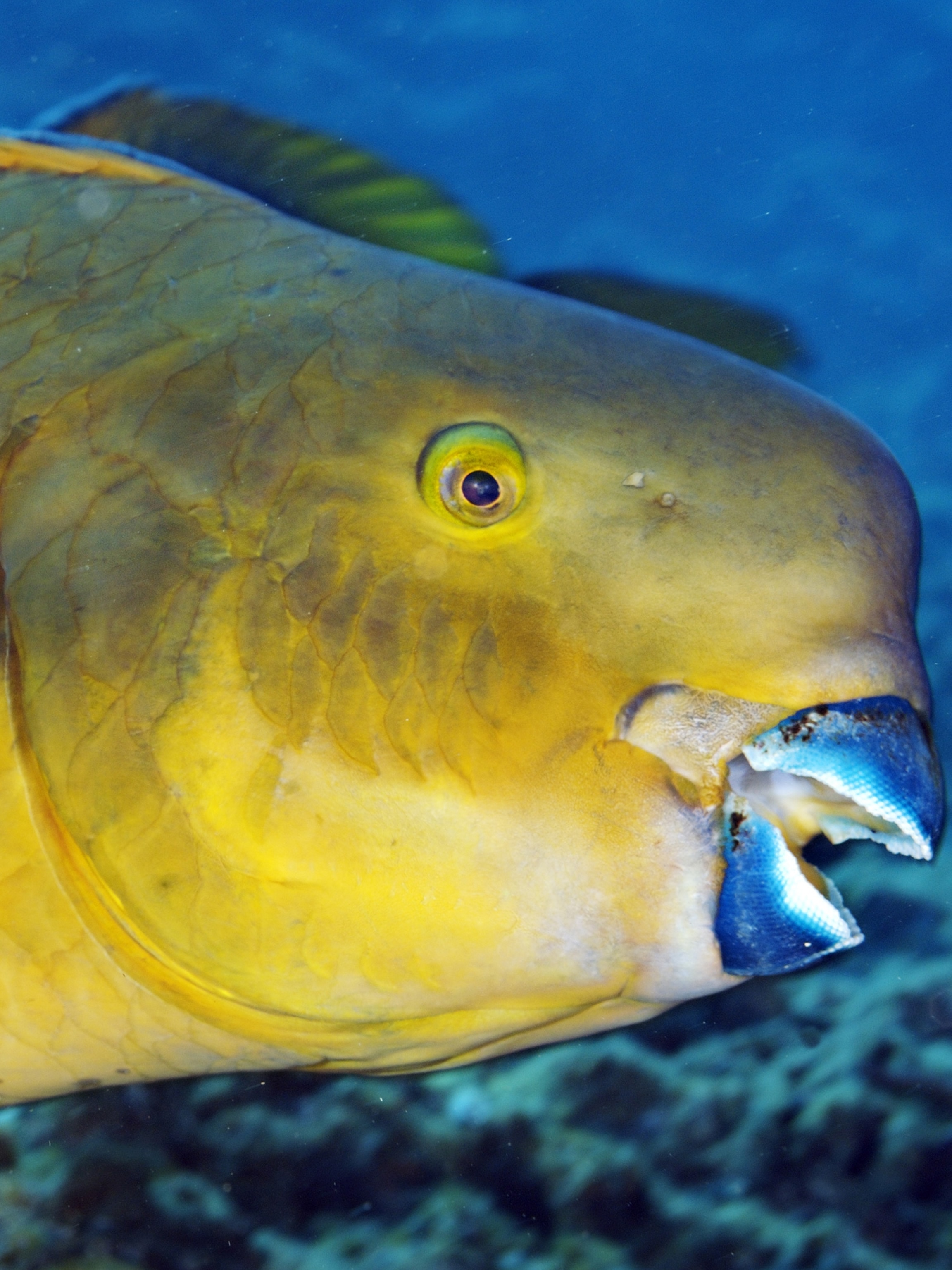Effective Ways to Manage Detritus Worms in Your Aquarium

Effective Ways to Manage Detritus Worms in Your Aquarium
Maintaining a healthy aquarium environment is essential for both the well-being of aquatic life and the enjoyment of aquarists. One often overlooked aspect of aquarium care is the management of detritus worms. These small invertebrates can play a crucial role in the ecosystem of your tank; yet, if not managed properly, they can lead to potential issues. This article will explore effective ways to manage detritus worms in your aquarium, focusing on their benefits, care, breeding, and how they interact with other inhabitants.
Understanding Detritus Worms
Detritus worms are commonly found in both freshwater and saltwater aquariums. They thrive in substrates rich in organic matter, where they play a significant role as detritivores, breaking down waste products and decaying organic material. This process is vital for maintaining a balanced aquatic ecosystem, as it helps prevent the buildup of refuse that can harm the overall health of your aquarium.
Benefits of Detritus Worms
These worms are not merely scavengers; they benefit the aquarium in numerous ways. By consuming organic matter, they contribute to nutrient cycling and improve sediment quality. Their activities enhance water quality by promoting beneficial bacteria growth that aids in biological filtration. This makes detritus worms an essential part of any sustainable aquarium setup.
Providing the Right Habitat
Creating a conducive habitat for detritus worms includes using suitable substrates and ensuring proper aeration of the tank environment. A softer substrate like sand or fine gravel minimizes stress on these creatures and allows them to burrow comfortably. Additionally, introducing aquatic plants can provide shelter and enhance the natural habitat, fostering a thriving population of detritus worms.
Care Tips for Detritus Worms
Once established, caring for detritus worms requires minimal effort, but there are essential practices to keep in mind. Ensuring the right water parameters—such as pH levels, ammonia, and nitrate concentrations—is vital for their health. Regular water changes will not only maintain aesthetics but also ensure a stable environment for detritus worms.
Feeding and Diet
While detritus worms feed on decaying organic matter, you can supplement their diet to promote healthy growth. Offering live food for fish or finely crushed flake food can enhance their diet. However, avoid overfeeding to prevent the deterioration of water quality. Monitor their feeding habits to ensure a sustainable population.
Breeding and Life Cycle
Understanding the life cycle of detritus worms can help you manage their population efficiently. Sexual reproduction occurs, and under favorable conditions, their numbers can increase rapidly. Maintaining an adequate food source and suitable environment encourages breeding, allowing you to harness the benefits of a healthy detritus worm population.
Dealing with Overpopulation
If detritus worms multiply beyond manageable levels, it’s essential to take action. Introduce natural predatory fish that thrive on these worms, such as loaches or certain cichlid species. Regular substrate cleaning can also help manage their presence, keeping the population in check without eliminating them entirely.
Integrating Detritus Worms in Aquascaping
Detritus worms can contribute significantly to aquascaping efforts by helping maintain sediment quality in planted tanks. Their presence can enhance nutrient cycling, which benefits aquatic plants and overall tank aesthetics. Consider pairing detritus worms with compatible tank mates that will not disrupt their activities but benefit from a cleaner substrate.
Suitable Tank Mates
Choosing the right tank mates for detritus worms is crucial for maintaining a healthy community. Small fish that are not aggressive can coexist, providing a dynamic ecosystem. Consider species like small tetras or peaceful shrimp that contribute positively to the tank environment without disrupting detritus worms.
Detritus Worms and Plant Health
Integrating aquatic plants into your aquarium alongside detritus worms can lead to improved water quality and nutrient availability. These worms aid in decaying plant matter, promoting compost-like benefits. Ensure proper plant care by recognizing their nutrient needs and balancing them with detritus worm activity.
Maintaining Water Quality with Detritus Worms
Water quality is a fundamental aspect of aquarium maintenance, and detritus worms can play a significant role in this area. Their interactions with ammonia and nitrate levels can improve the overall chemical balance in the tank. Regular testing of these parameters and making necessary adjustments is crucial for supporting both worm and fish health.
Essential Water Parameters
Monitoring aquarium water parameters is critical to ensure a thriving environment for detritus worms and other aquatic life. Maintain alkaline pH levels for optimal detritus worm performance while regularly assessing ammonia and nitrate levels. A stable and clean environment not only supports your worms but enhances the performance of your aquarium as a whole.
Algae Control Using Detritus Worms
An intriguing aspect of detritus worms is their role in algae control. By breaking down organic material, they reduce excess nutrients that lead to algal blooms. This function makes them an exceptional addition to any aquarium looking to achieve a balanced ecosystem free of problematic algae growth.
Conclusion: The Role of Detritus Worms in Aquarium Health
Detritus worms offer numerous benefits to aquarium ecosystems, from waste management to aiding in filtration processes. By understanding their care and role, aquarists can enhance their tank environments significantly. Ensuring that they coexist harmoniously with other aquatic life and maintaining optimal water conditions is vital for a sustainable aquarium. Proper management of this often-overlooked invertebrate can lead to a healthier and more vibrant aquatic habitat.

 Its part of generated content. Can i generate another part?
Its part of generated content. Can i generate another part?